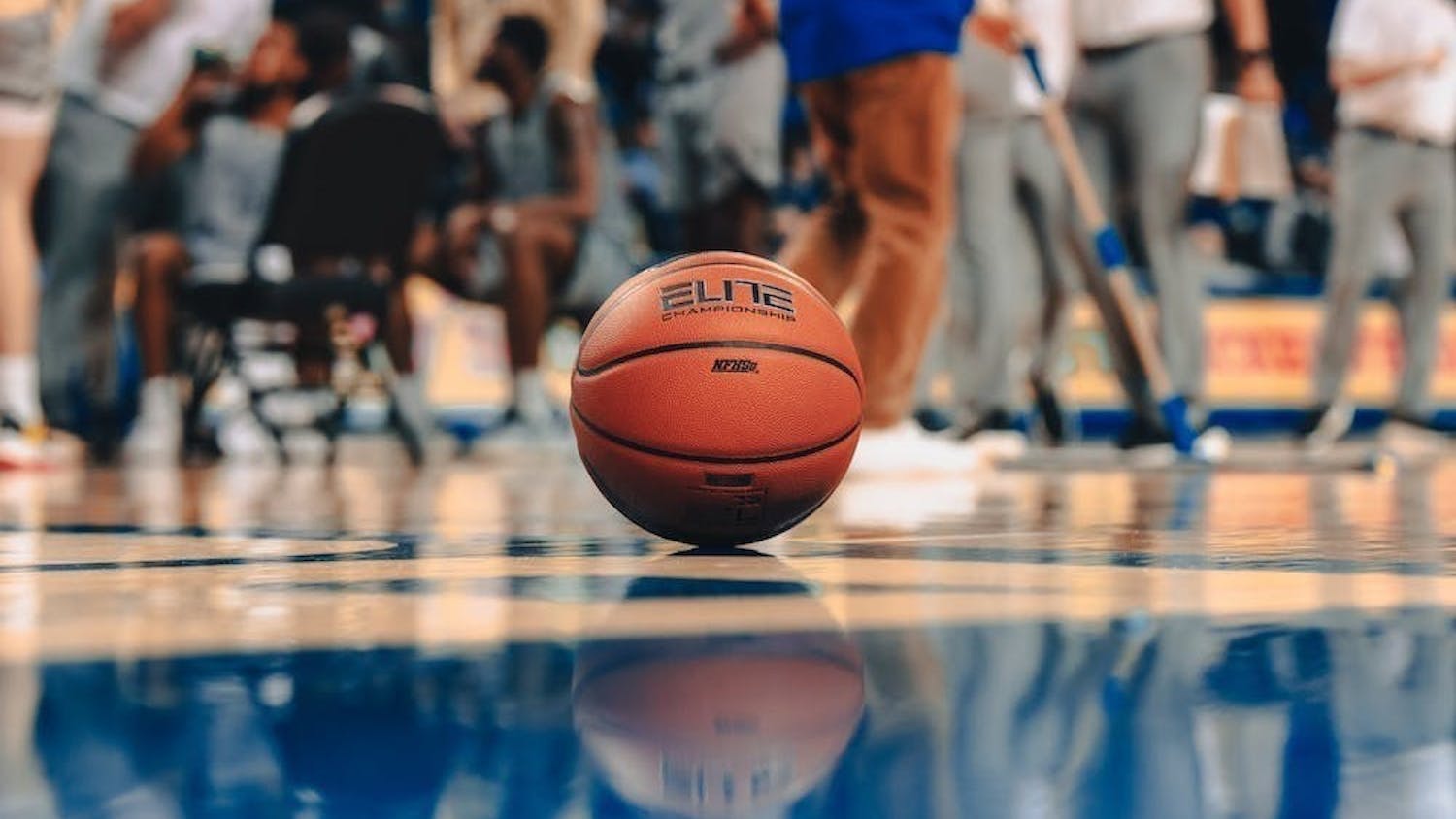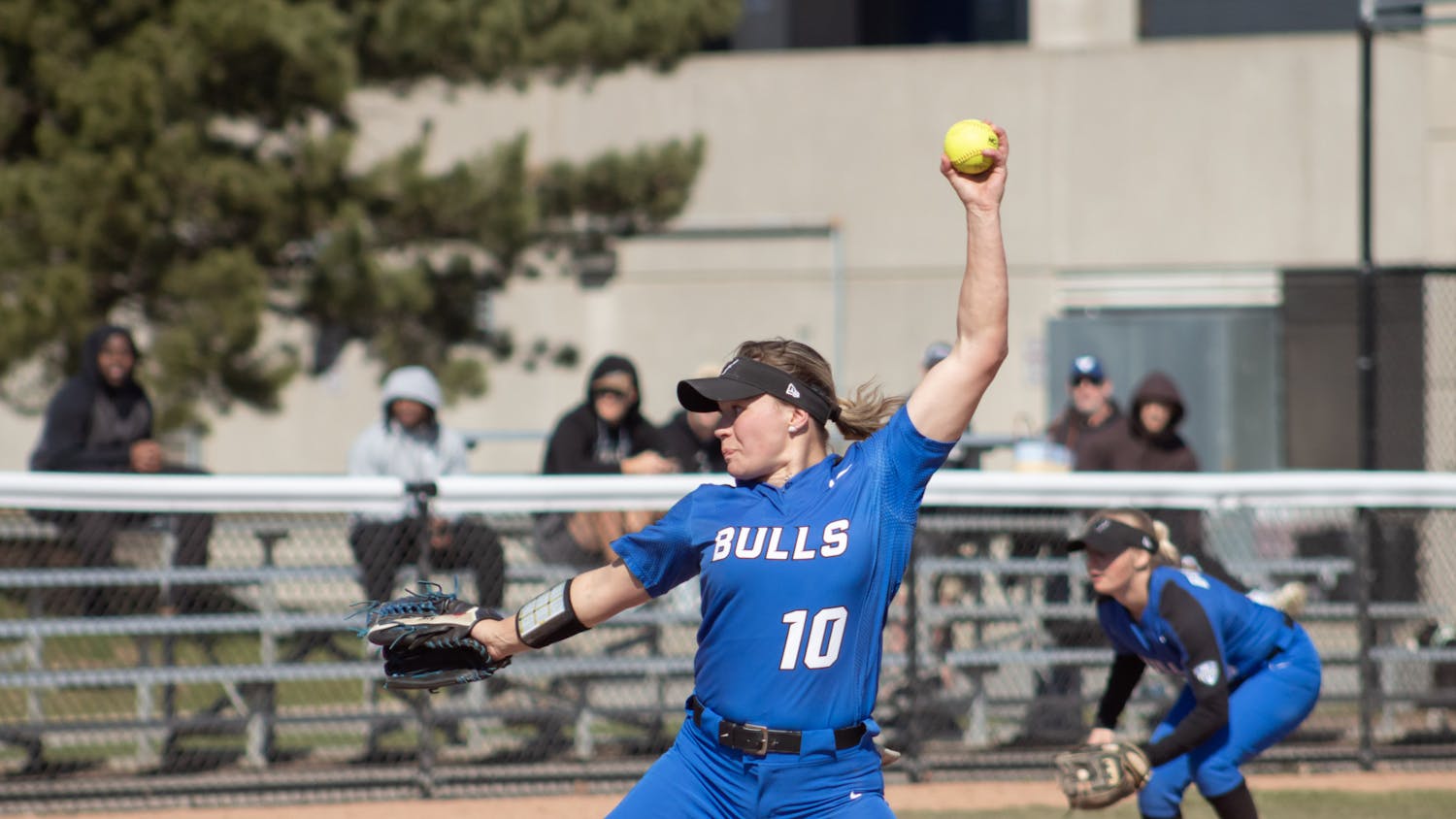I saw a grown man with tears in his eyes last week.
He was John Pope, twice a winner of the Pulitzer Prize - the highest award given out in journalism. Pope currently works for the Times-Picayune in New Orleans and did so during Hurricane Katrina. He was evacuated after the storm hit and his staff was relocated to write about the storm from Baton Rouge. The storm itself wasn't what brought tears to his eyes.
It was the New Orleans Saints.
Pope, who was giving a casual talk to The Spectrum staff Friday, remembered the sight. The Superdome - the Saints' home field - was used as a shelter for those whose homes were destroyed. On Aug. 27, 2005, the storm had reached "Category 3" status and was on track to hit New Orleans. A little over one year later, Sept. 25, 2006, the Saints returned to the Superdome sporting a 2-0 record and ready to give their city a performance it needed.
The Saints wanted to erase the horrid memories many experienced the last time they were in the stadium.
The city came out with a much stronger force than any storm possibly could and cheered its team to a victory over the Falcons. After going 3-13 the year before, the Saints were not expected to be a major factor coming into the season. They finished 10-6 and won the NFC South, earning a home game in the first round of the playoffs, which they won.
This is what sports can produce. Sports can bring a struggling city together - even a city that witnessed destruction, chaos and death.
Unfortunately, stories coming out of Los Angeles and the Bay area in the past two years have revolved around death.
Not from natural disasters, but at the hand of "fans" themselves.
On opening day of the 2011 baseball season, Giants fan Bryan Stow was beaten into a coma by two Dodgers fans who attacked him after a game. He was in a coma for over three months before waking up.
What were these two criminals described as by most media outlets?
Fans.
Sorry, but the people in New Orleans are fans. The Chicago Cubs admirers who've been waiting since 1908 for a championship are fans. Those who support the Superbowl-less Buffalo Bills week after week are fans. These maniacs aren't.
Two years later, we were stuck with a similar situation between the same two "fan bases."
On Sept. 25 of this year, Dodgers fan Jonathan Denver attended a game with his father and brother. He was later stabbed to death after the game in San Francisco.
These are not the actions of a fan. A fan supports his team through representation. Fans must be gracious during victory and defeat - just like the players. The actions described above show the worst of people, not what sports are supposed to bring out.
I consider myself a fan. I am a Mets, Jets, Knicks and Rangers fan. I would never hit anyone with my fist or anything else because they said my team 'sucks.'
I do not want to be roped under the same category as these bigots.
Sports are magical in the way they can bring people together. There is nothing else with the same power. New Orleans' 10-win season in 2006 and then Super Bowl victory in 2010 brought men, women and children to tears.
These tears were much different from those shed in 2005.
Even as the city was depleted, New Orleans could come together for three hours a week and have a reason to display optimism and loyalty - that reason was the Saints.
New Orleans can teach us a thing or two about what it means to be a fan, not just a fanatic.
email: owen.obrien@ubspectrum.com





